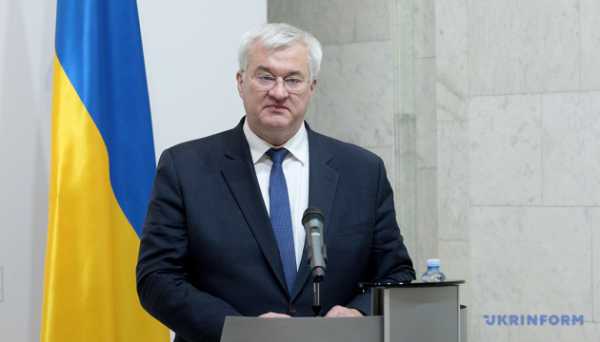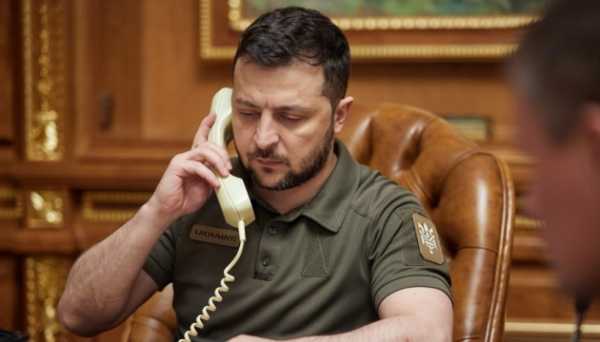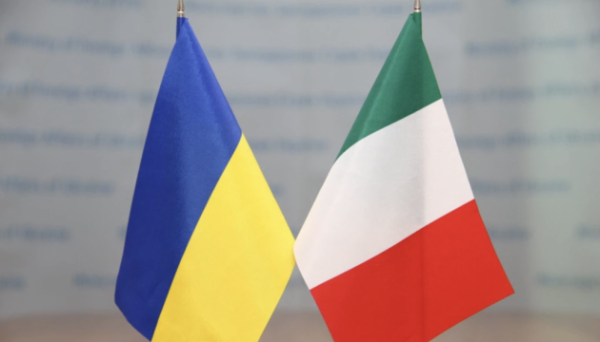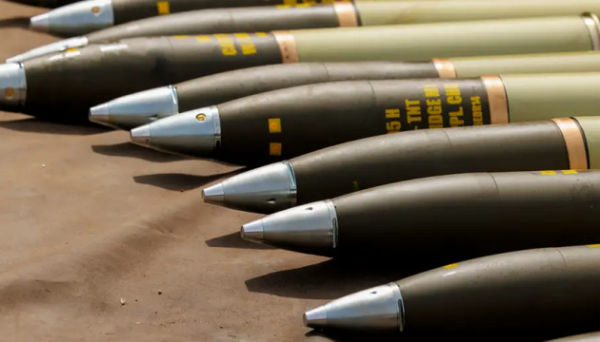Highland surgeon tells of WW1-type injuries in Ukraine
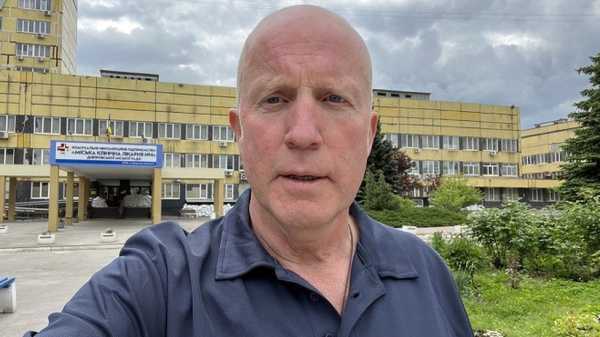
Image source, Andy Kent
Image caption,
When Andy Kent went to Ukraine for the first time last year he witnessed the brutal effect of war on civilian populations.
"We were seeing First World War-type injuries I never thought I would see in my career," the NHS Highland surgeon said as he prepared to make his third trip to the country.
Many of the casualties had lost limbs in blasts, and some of the injured had not been able to get proper treatment for days.
"Some of the wounds were several days if not weeks old and we were seeing civilians being pulled out of buildings with wounds that were perhaps three weeks old," Andy said.
Before joining the health service in the Highlands about 20 years ago, Andy spent two decades in the British Army, serving in both Gulf Wars as well as Afghanistan and the former Yugoslavia
After leaving the Army he volunteered for humanitarian aid work and helped to tend to civilians badly injured by conflict in Mosul in Iraq.
"That was, until Ukraine. the most traumatic experience I have had as a surgeon, mainly dealing with women and children – many of whom had been under attack for six to eight months," he says.
"That was heart-rending, treating young children and women."
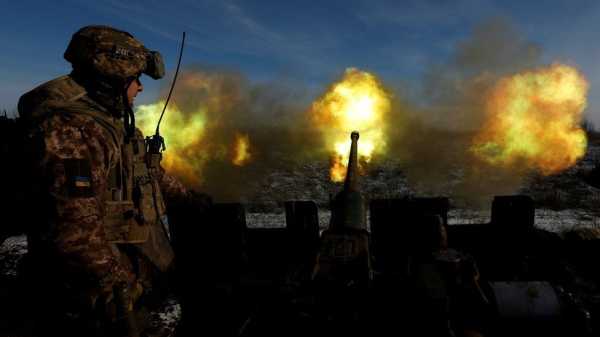
Image source, Reuters
Image caption,
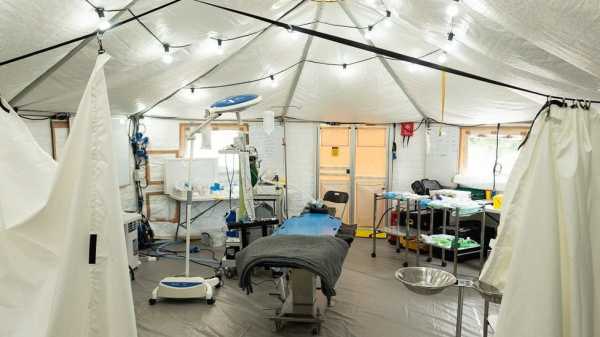
Image source, UK Med
Image caption,
Andy, who was awarded an OBE in the New Year Honours' List for his volunteering efforts with frontline medical aid charity UK Med, will this week head off on his third trip to Ukraine.
In March last year, he made his first visit to the country after being asked by UK Med to join a recce team to assess Ukrainian hospitals.
He returned for a six-week visit in May, when he was mainly based in Dnipro working in local hospitals helping to support surgeons and developing health care.
Andy said Ukraine's good quality health service, and its highly qualified staff, had been overwhelmed by the number of casualties – both civilian and military – and injuries caused by weapons, including bombs and high velocity gun shots.
In one hospital he saw about 50 young soldiers being kept alive on ventilators and staff unable to find a way to move them to safer location.
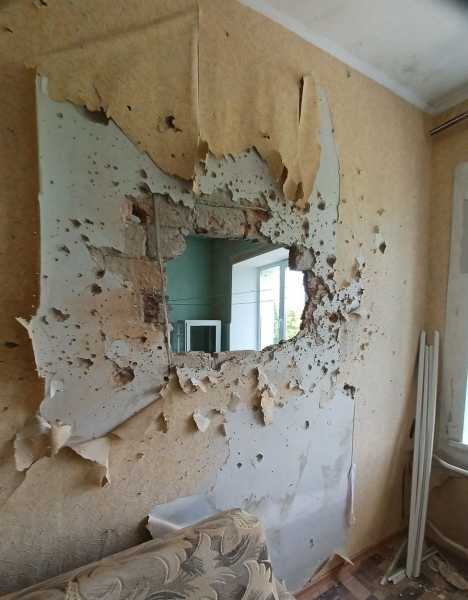
Image source, UK Med
Image caption,
Angus Watson, a professor of surgery at University of Aberdeen and a consultant surgeon at NHS Highland, hopes to head back to Ukraine later this year.
He is another volunteer with UK Med and deployed to Ukraine for the first time last year to help build a field surgery unit to resume health services disrupted by the war.
Angus, who served with the Gurkhas and later as a reservist with the Royal Medical Corps, said: "We were on a mission to build this unit in a hospital that had been shelled by Russian tanks.
"The operating theatre had been taken out and the obstetrics unit had been also been shelled. Every window in the hospital had been shattered.
"The staff during the attack had moved all patients to the basement."
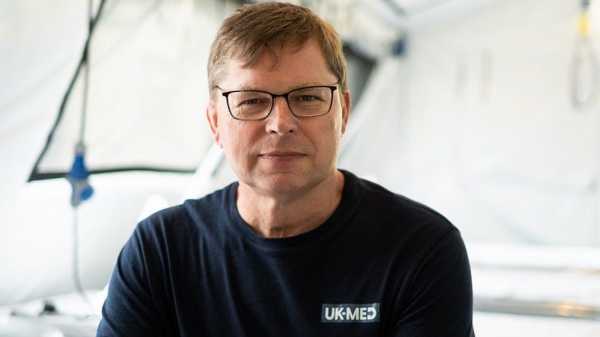
Image source, UK Med
Image caption,
The surgical unit has since been moved to the basement to protect it from further attacks, and to help shelter patients and staff from winter's severe weather.
He says there was little escape from the effects of the war.
When he was last in Ukraine he was training for the London Marathon, and he would run between two military checkpoints to keep fit.
"I was told to stay on the road and not run in the woods or the soft verges because of unexploded ordnance," he says.
Source: www.bbc.com
